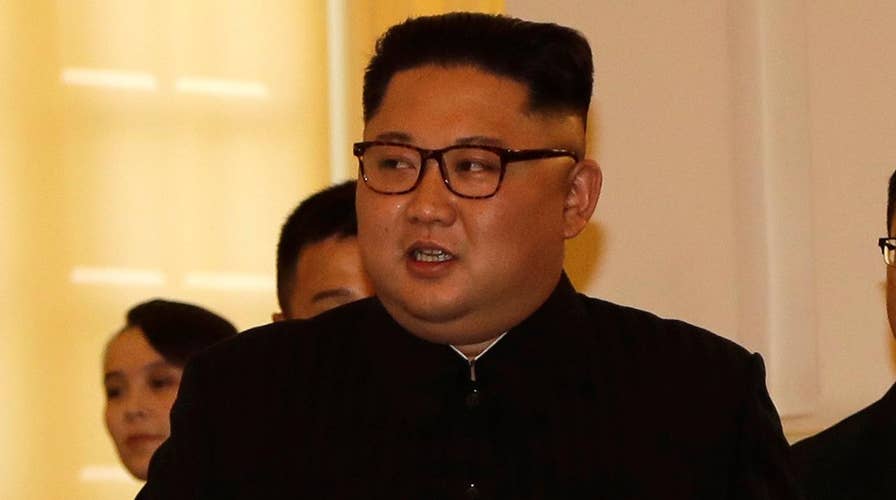What will North Korea's strategy be for summit with US?
World watches as President Trump prepares to meet with Kim Jong Un; John Park of the Harvard Kennedy School shares insight.
President Trump’s summit in Singapore Tuesday with North Korean leader Kim Jong Un will be a history-making event that could usher in a new era of peace on the Korean Peninsula.
With respect to our approach to North Korea, our sights must not be limited to the issue of its nuclear program. As urgent as that issue is – and as unpredictable as the path towards resolving it seems – it would be a moral and political mistake to confuse North Korea’s arms concessions with any potential change in its character or course.
That’s why, to achieve lasting peace in the region, we must demand that North Korea not only surrender its nuclear weapons. It must also cease its human rights abuses.
To be accepted by the international community, North Korea must first dismantle its labor camp system – a corrupt organ of state-sponsored torture that has claimed hundreds of thousands of lives. Once sent to these camps, inmates are subject to starvation, torture, sexual violence, forced abortions and even murder.
That labor camps of any kind continue to exist after the horrors of the previous century is unconscionable. So, too, is the thought that we would normalize relations with North Korea while this prison system is still in place.
That’s why in April, I joined a bipartisan group of senators in introducing a resolution condemning this abhorrent labor camp system and calling for a series of measures to hold the North Korean government accountable for its human rights record.
Our resolution calls on North Korea to release its nearly 100,000 political prisoners and halt arrests made on political and religious grounds.
Not only does the resolution shed light on what takes place within these camps – it demands actions by the North Korean government and offers policy options for the United States and its allies to monitor the regime’s actions.
Specifically, our resolution calls on North Korea to release its nearly 100,000 political prisoners and halt arrests made on political and religious grounds. The Kim regime must also allow outside independent organizations, such as the International Committee of the Red Cross and the United Nations High Commissioner for Human Rights, to enter the country to treat prisoners and document their experiences.
At the same time, the United States and the international community could consider additional measures to incentivize the North Korean government to change course and answer for its human rights abuses. These measures could include further sanctions on organizations associated with labor camps, bans on goods made by prisoners, and a tribunal to assess the scope and depth of government abuse.
Some might argue that discussing anything unrelated to the denuclearization of North Korea is asking too much, but I would emphasize that by staying silent on this matter, we display a lack of seriousness about our intentions for North Korea and for the future of the Korean Peninsula. We also show a lack of seriousness about ourselves and our history, having faced but remained silent amid such crimes against humanity in the past.
Kim must understand that de-weaponization is not enough. If North Korea intends on being an ally of the United States, it must not only give up its tools of destruction but also work with us to build a world of peace and stability. The regime can begin by recognizing the inherent rights and dignity of its own citizens.

